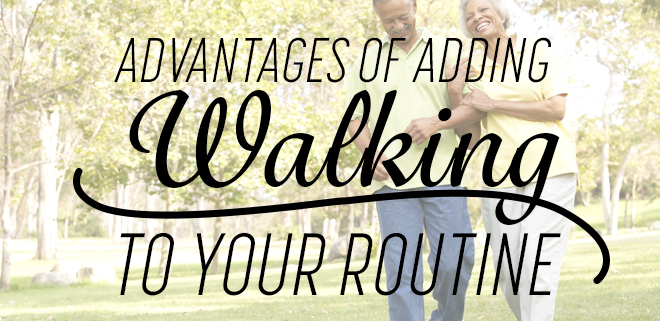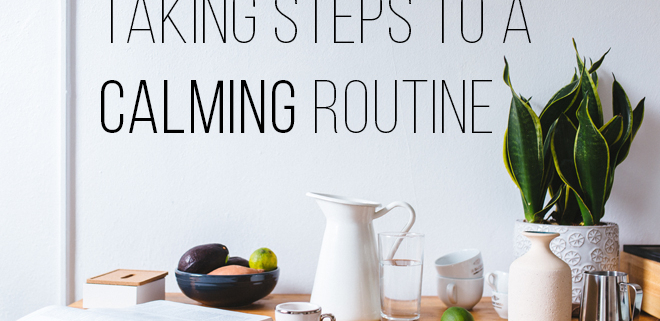With the temperatures beginning to rise slowly, and the sun showing its face for longer each day, there couldn’t be a better time to start a new exercise plan.
This doesn’t mean that you have to begin a rigorous weight-lifting regimen or start training for a marathon; it simply means that you’ve got more opportunities to get your body moving and breathe in some revitalizing fresh air.
One of the best ways to get active without causing too much stress or taking a large chunk of time out of your day is to go for a walk. The benefits of walking extend far beyond weight loss, and can contribute to significantly raising your quality of life.
Lift your mood.
Going for a walk, especially outside, is a great way to boost your spirits. Once you step out your front door, you’re improving your quality of life… even before you start your walk. The energizing effects of clean, fresh air coupled with the Vitamin D boost that comes from being out in the sunlight have been known to have revitalizing results.
Endorphins, the pain-blocking hormones that can sometimes produce a euphoric effect, are also released during exercise, making walking a low-impact way to experience those “feel good” chemicals.
Burn calories.
If weight loss is your goal, walking (in addition to healthy diet changes) is a fantastic way to burn calories and work toward the recommended 150 minutes of moderate exercise per week. The amount of calories you burn will depend on your weight and speed, but the general rule of thumb states that a 160-pound adult is likely to burn 100 calories per mile.
Improve your overall health.
When it comes to exercise, there are, of course, more strenuous options than others. Fitness classes, jogging, and weightlifting, while different, all have at least one important thing in common: the benefit of movement.
When you get your body moving on a regular basis, you get to enjoy the benefits of better circulation, strengthened bones, and improved balance and coordination. This movement also supports the prevention and management of certain diseases like heart disease, type 2 diabetes, and high blood pressure.
Socialize while you exercise.
Because walking is an exercise that can be done at your own pace, it has the potential to be a fun social activity as well as a way to improve your health. Try getting a group of friends together a few times a week for walking; you’ll be able to catch up with each other and get your body moving, all at the same time. An additional benefit to walking with other people is the accountability factor: there’s a better chance that you’ll stick to your exercise plan if you have others depending on you. Boosting your energy levels, mood, and social life? That’s definitely an exercise win/win.
As always…
Walking is typically a very low-impact exercise option for those who are just beginning in the world of exercise or who have physical restrictions that keep them from other activities. This doesn’t mean, however, that a walking regimen is right for everyone. If you have concerns or questions about the way a walking plan can benefit or affect your life, please talk to your doctor. Together, you’ll be able to come up with a plan that gets you moving and directs you toward better health.



